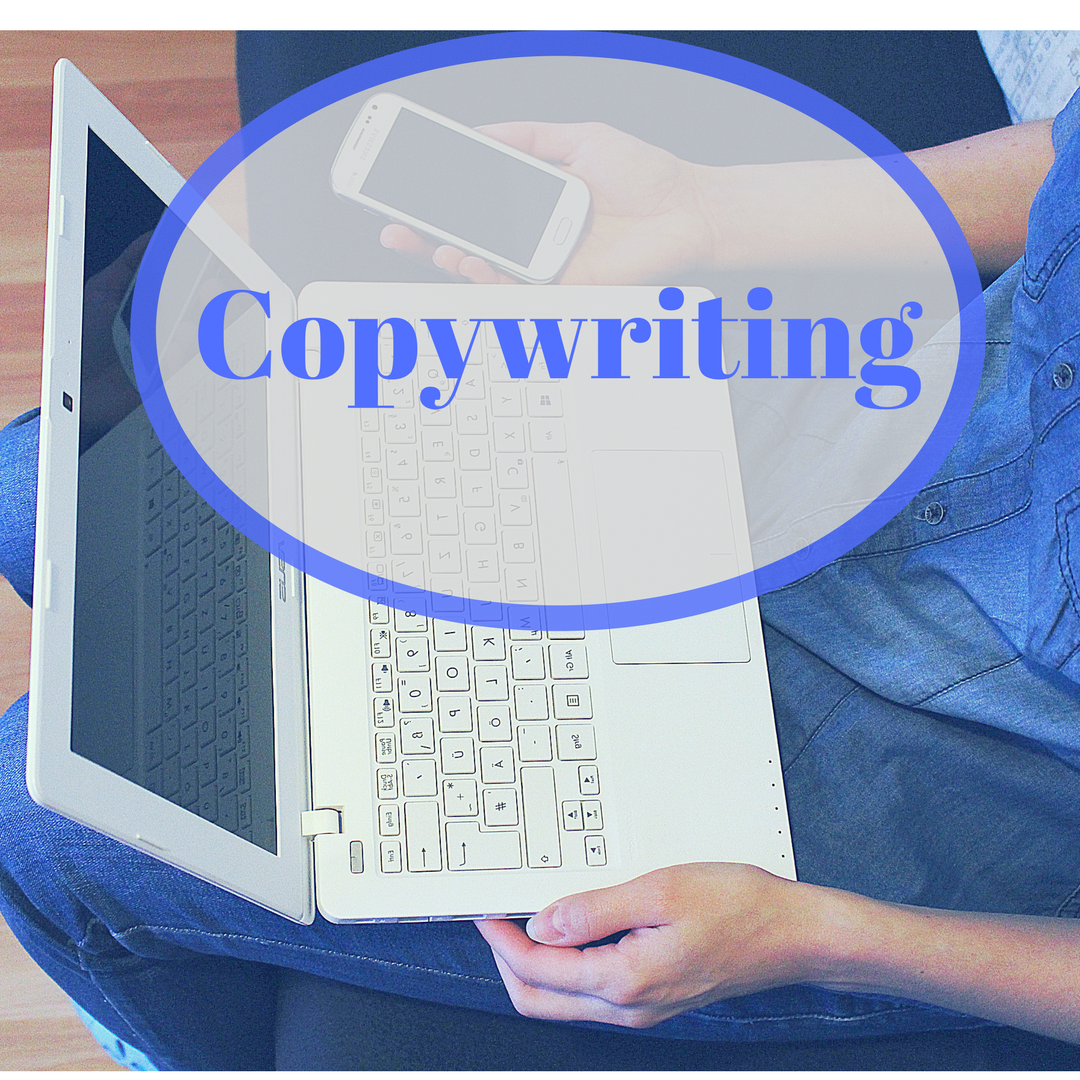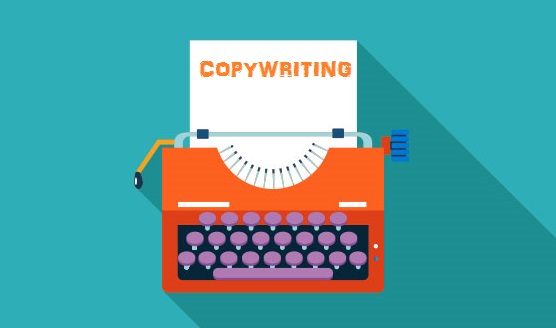Are you on LinkedIn? If so, let’s connect. If not, please join us.
LinkedIn is your online watering hole for conversation about business, work, marketing, entrepreneurship, communication, and more. I get a kick out of how the most business-oriented social media platform is also the most personally supportive.
Since I’ve also secured several paying clients on LinkedIn, I try to hang out there. Not long ago, I asked my marketing friends on the platform for their top 12 principles of copywriting.
Here’s what we came up with.
- Write with your reader in mind. (Holland Webb) I kicked off with this one. If you want to pour out your soul, keep a journal. Copywriting isn’t about you and me. It’s about them – the customers.
- Avoid confusion. Clarity trumps persuasion. (Jasper Oldersom) In most modern copywriting, we aren’t trying to convince people. Instead, we are inspiring and informing them so they will trust us with their business. Leave the clever prose behind, and focus on being clear, accurate, and honest.
- Omit needless words. (William Strunk and Mike Robinson) Here’s what Mike actually wrote, “Never say any more than you absolutely, totally, completely necessarily need to, lest you end up using far more words than it actually takes to convey your point, which may have been lost in the maelstrom of complicated, multitudinous words that really saw you just dancing frivolously around the main point, which, as you already knew from the beginning but had a word count to fill, is, in fact, a century-old dictum: Omit needless words.”
- If you got more ‘we’ than ‘you’ in your copy, you’re doing it wrong. (Becky Stout) It’s hard to get clients off the “me, me, me” message, but when they make the shift, the results are immediate and amazing. Plus, isn’t business more satisfying when it’s about others instead of yourself?
- Increase your life experiences, and always carry a notebook. (Justin Oberman) Writing gurus often give this advice to budding novelists, but it works for copywriters, too. Your varied life experiences give you more points of connection with your readers.
- Get rid of (horse hockey). (Sayantan Sen) I edited this one to keep within Almost An Author’s family-friendly guidelines. Sayantan’s original language is more accurate, though. Say what you mean. Cite your data. Stop talking.
- If you have to use the words “storytelling,” “brand,” or “program,” you’re doing it wrong. (Ebin Sandler) Yes, please! Jargon, hip language, and cliches have no place in your prose. Use them in the rough draft, but on the rewrites, ferret them out ruthlessly. Replace them with meaningful words and phrases.
- Think benefits, not features. (Yetta M.) This one is hard especially since clients will push back on it. They’ve designed something they want to tell the world about, forgetting that few people care about its every bell and whistle. Instead of listing what makes a product good, set up scenes that show the customer using the product in ways that make life better.
- Read what you’ve written, edit, rewrite. Repeat. (Naheed Maalik) This one shouldn’t need to be said, but it does. It definitely does. Because there’s no editor standing between you and the “publish” button on a WordPress blog, you have to be your own editor. I like to submit articles a week or two in advance, and then I ask the client to let me at it with the red pen before they publish it.
- Speak the truth. (Sara Miriam Gross) Have you seen those old snake oil advertisements from the 19th century? Apparently, those elixirs could cure everything from the vapors to smelly feet. Of course, they were probably either poison or 90 proof grain alcohol. The advertisers lied. Don’t do that. Today’s readers are sophisticated and will see right through you. Besides, it’s unethical.
- Use social proof + rich testimonials whenever possible to support the claims you are making. (Michal Eisikowitz) Credibility is the king of content. Trust is hard to build and easy to lose. Put everything you have into making sure you’re words ring true no matter how your readers test them.
- Use action words, and make claims that won’t be future disappointments. (Tzvi Zucker) Avoid the passive voice, linking verbs, and bland pronouns whenever you can. In that respect, copywriting is like every other kind of writing. Keep it interesting; keep it truthful.
So that’s it from the voices over at LinkedIn. What would you add to our list?
Holland Webb is a full-time freelance copywriter and digital marketing strategist living near Greenville, SC. His clients are leaders in the online retail, higher education, and faith-based sectors. Holland has written for brands such as U.S. News & World Report, iLendX, Radisson, Country Inn & Suites, MediaFusion, Modkat, Great Bay Home, IMPACT Water, and BioNetwork. He is a featured writer on Compose.ly, and his monthly copywriting column appears on Almost An Author. You can reach him at hollandwebb.com or at hollandlylewebb@gmail.com.






2 Comments
Good job, Holland. You add value to Linkedin and Almost An Author.
Thank you, Burton.